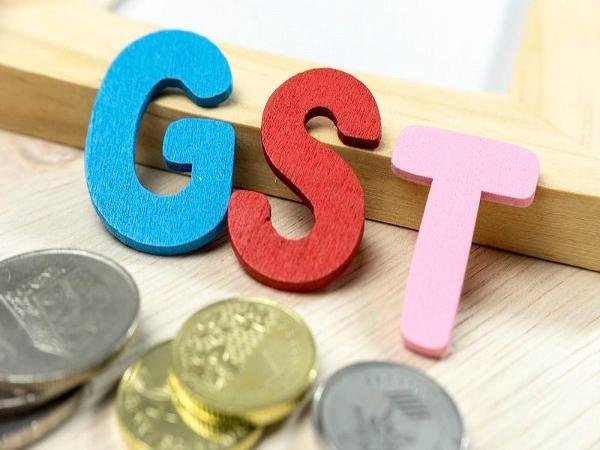Inside BENEO’s new pulse plant: pioneering sustainable protein from faba beans
Indian government is all charged up to set the ball rolling for the Goods and Services Tax regime which will be implemented form 1st July, 2017. Before the government rolls out GST, it has decided to put several tax slabs on various goods and services. It has kept large number of items under 18 per cent tax slab. The government categorised 1211 items under various tax slabs. The food and meat processing industry is moved by the new GST rate and has greeted it with thumbs-up.
No tax will be imposed on items like fresh meat, fish chicken, eggs, milk, butter milk, curd, natural honey, fresh fruits and vegetables, flour, besan, bread, prasad, salt, bindi. Sindoor, stamps, judicial papers, printed books, newspapers, bangles, handloom, etc.
On the other hand, 5 per cent tax will be imposed on items such as fish fillet, cream, skimmed milk powder, branded paneer, frozen vegetables, coffee, tea, spices, pizza bread, rusk, sabudana, kerosene, coal, medicines, stent, lifeboats. Whereas, frozen meat products , butter, cheese, ghee, dry fruits in packaged form, animal fat, sausage, fruit juices, Bhujia, namkeen, Ayurvedic medicines, tooth powder, agarbatti, colouring books, picture books, umbrella, sewing machine, cellphones will be under 12 % tax slab.
“We will benefit from the decision as ready-to-fry products will attract only 12 per cent, against 14.5 per cent that we pay currently in most South Indian States where we operate,” said Srinivas Shenoy, Senior Official, Abad Fisheries Private Limited. He further quoted that in Karnataka, this rate is further high at 15.5 per cent.
“The fitment of a GST rate of 5 per cent on edible oils as approved is more or less on expected lines. However, a GST rate of 12 per cent on soya bari and 5 per cent on soya flour comes as a disappointment,” said Dinesh Shahra, Founder and Managing Director of Ruchi Soya Industries Ltd.
“We hope that the government will relook at the GST rates on texturised vegetable proteins, commonly known as soya bari, and soya flour and bring them to the tax-exempt category to promote the use of soya protein to prevent and treat protein malnutrition in the country,” Sharma added further.
However, wheat processors are in a state of bother as 5 per cent GST will be charged on branded wheat products. Hence, there is a big possibility that this tax might hike wheat prices as processors will pass the extra burden to consumers.
“Wheat is a staple food for everybody. It is heartening to know that the government has exempted wheat and unbranded wheat products from GST. But given the consumers’ preference for food safety law-compliant products, such a move will be dampener on the branded players. They will pass on price hikes to consumers,” said AN Gupta, former chairman, Wheat Products Promotion Society.
“The rates that we now see may not have any major impact on the retail prices of edible oils. For the industry, the GST rates are more or less in line with the expectations,” said Atul Chaturvedi, President, the Solvent Extractors’ Association of India (SEA).

